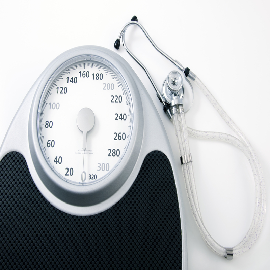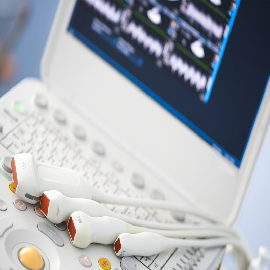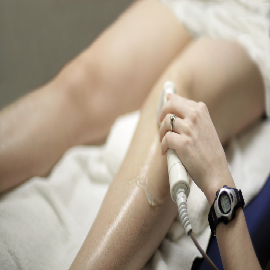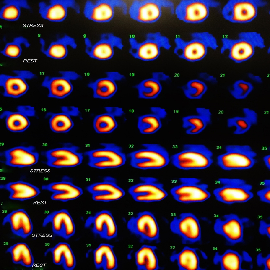Transcatheter Aortic Valve Replacement (TAVR)
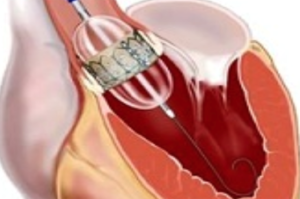
Transcatheter aortic valve replacement is one of the valuable services offered by Beverly Hills Cardiovascular. Having a valve in your heart replaced is a serious matter, to be sure. This kind of procedure can be lifesaving, but there is sure to be plenty of stress and anxiety related to the process. For some people, open heart surgery will be the way to go for a valve replacement, but that isn’t a viable option for all individuals. If you need to have your aortic valve replaced and you aren’t eligible for open heart surgery, a transcatheter aortic valve replacement may be an option. The Issue to Solve Obviously, any kind of procedure that involves your heart is going to be carefully considered before you move forward. And, the underlying issue needs to be serious to justify the risks involved here. In this case, the issue is an aortic valve which has narrowed and no longer opens properly. If your aortic valve is not opening properly currently, it’s likely that the flow of blood from your heart to the rest of your body has been restricted. A number of different symptoms can result from this condition, including relatively subtle signs like shortness of breath and fatigue. An Important Alternative When the aortic valve needs to be replaced, it is typically open-heart surgery that is the first consideration. And, in many cases, that will still be the preferred approach. However, open heart surgery is not the right option for many patients, so TAVR represents a potentially viable alternative. If you have already been told that open heart surgery is too risky for you, looking into transcatheter aortic valve replacement might be the next step. The Basics of This Procedure It should go without saying that a quick webpage is not going to be enough to accurately describe what is a complicated, technical medical procedure. We can, however, highlight the basics of how this will work. Instead of opening up the chest as is done in open heart surgery, the doctor will take an alternative path to reach the aortic valve. There are varied options for how the valve will be accessed, but it is common to use a blood vessel in the leg as a path back up to the heart. From there, the new valve will be directed into place and secured before the job is done. One of the things to like about TAVR is the relatively modest recovery that is required for most people. Every case is different, of course, but many patients will need to spend only a few days in the hospital before returning home. Assuming the treatment is successful, an improved quality of life is likely, and your long-term heart health outlook should be improved. Always Risk Involved Having any medical treatment performed is going to come along with some degree of risk. While this is an alternative approach to open heart surgery that is safer for some patients, that doesn’t mean it is completely safe and without any risk. To make sure you are comfortable with the plan and what risks are involved, be sure to speak openly with your doctor early in the process. Contact Beverly Hills Cardiovascular Today Transcatheter aortic valve replacement is among the many services we are proud to offer. To get started with Beverly Hills Cardiovascular, simply give us a call and speak with a member of our friendly team. Dr. David Filsoof and his staff are proud to provide care to a range of patients from around Southern California. We offer a range of services, including electrocardiogram, venous ultrasound, nuclear stress test, and many more. We look forward to hearing from you soon!
Call Beverly Hills Cardiovascular Now:
310 278-3400
